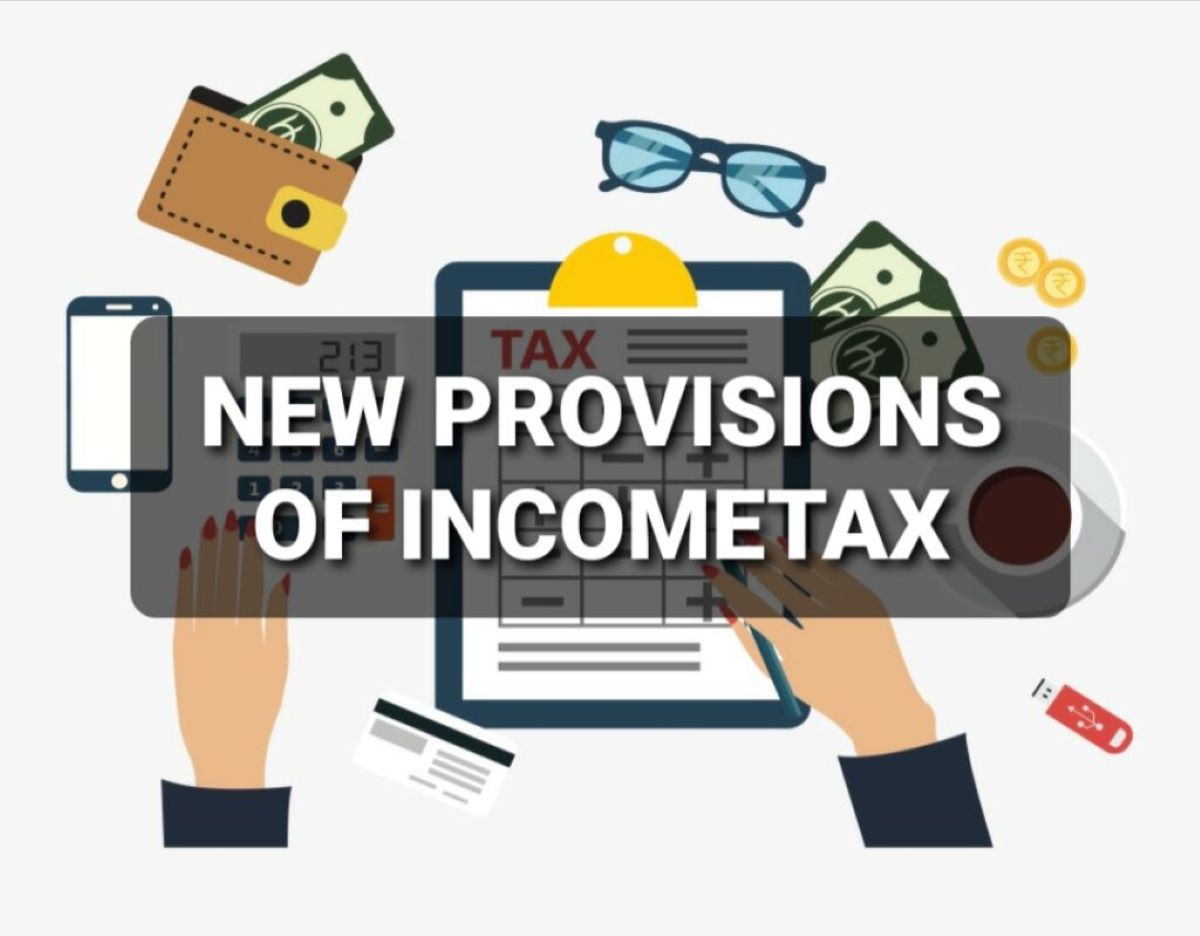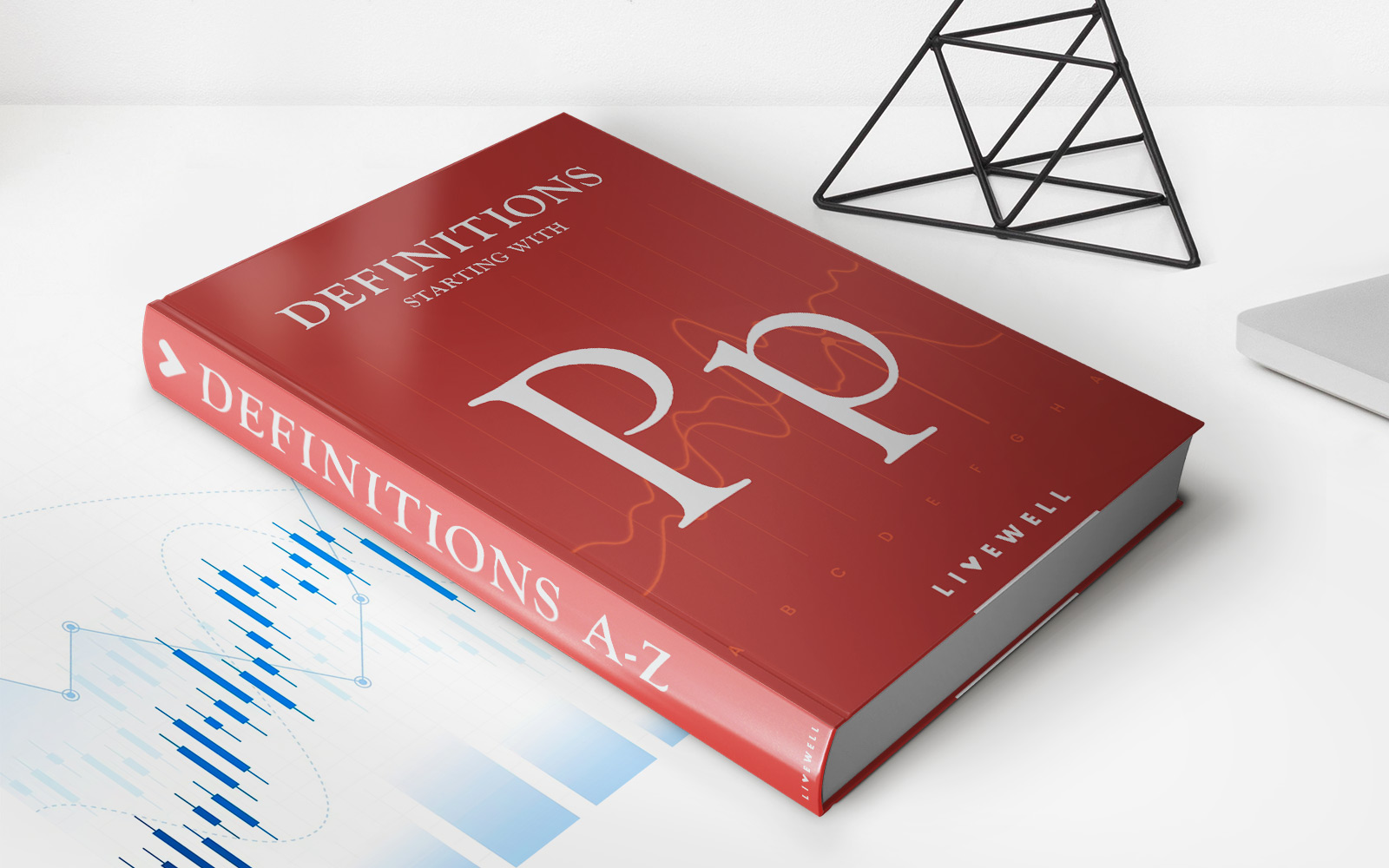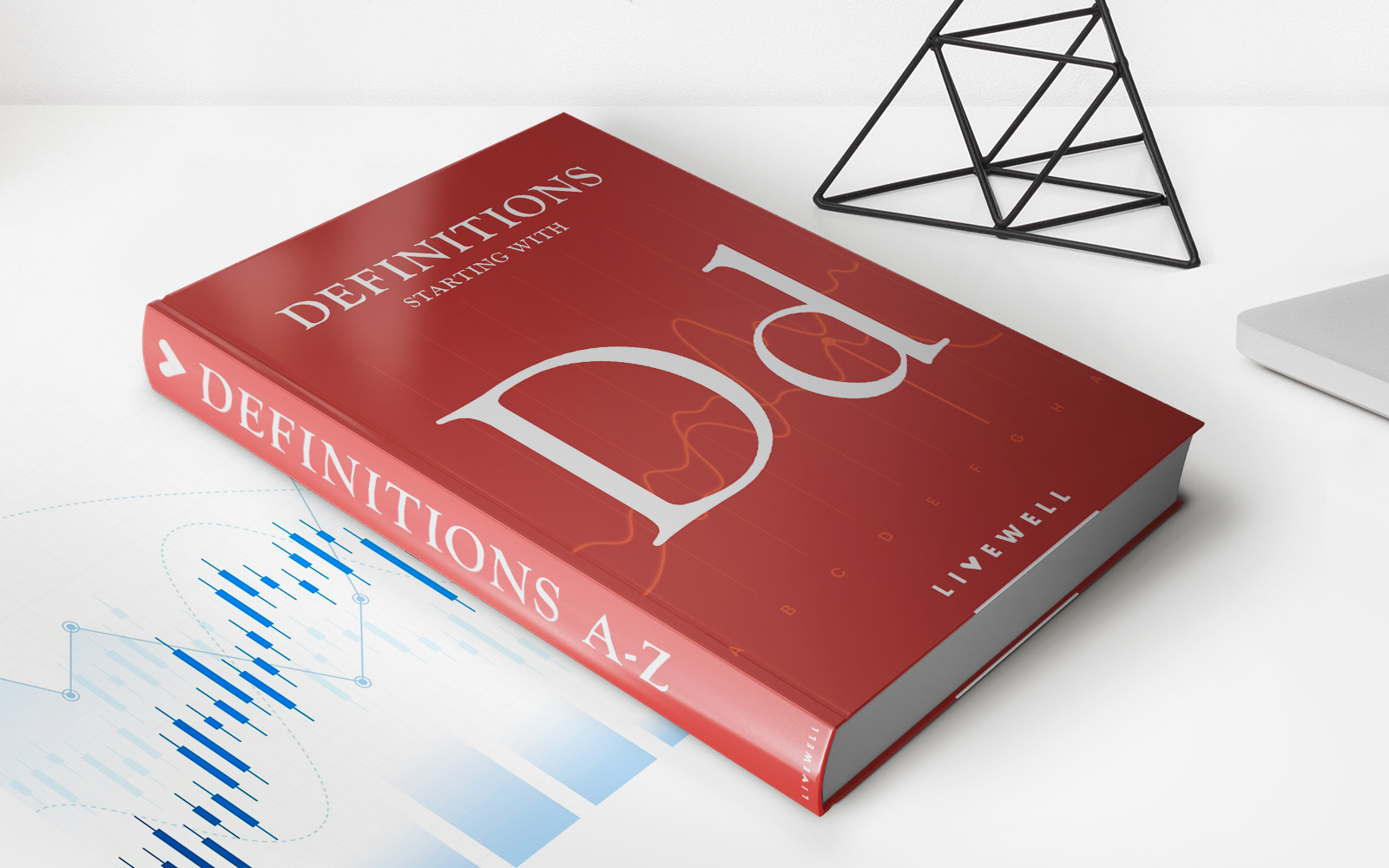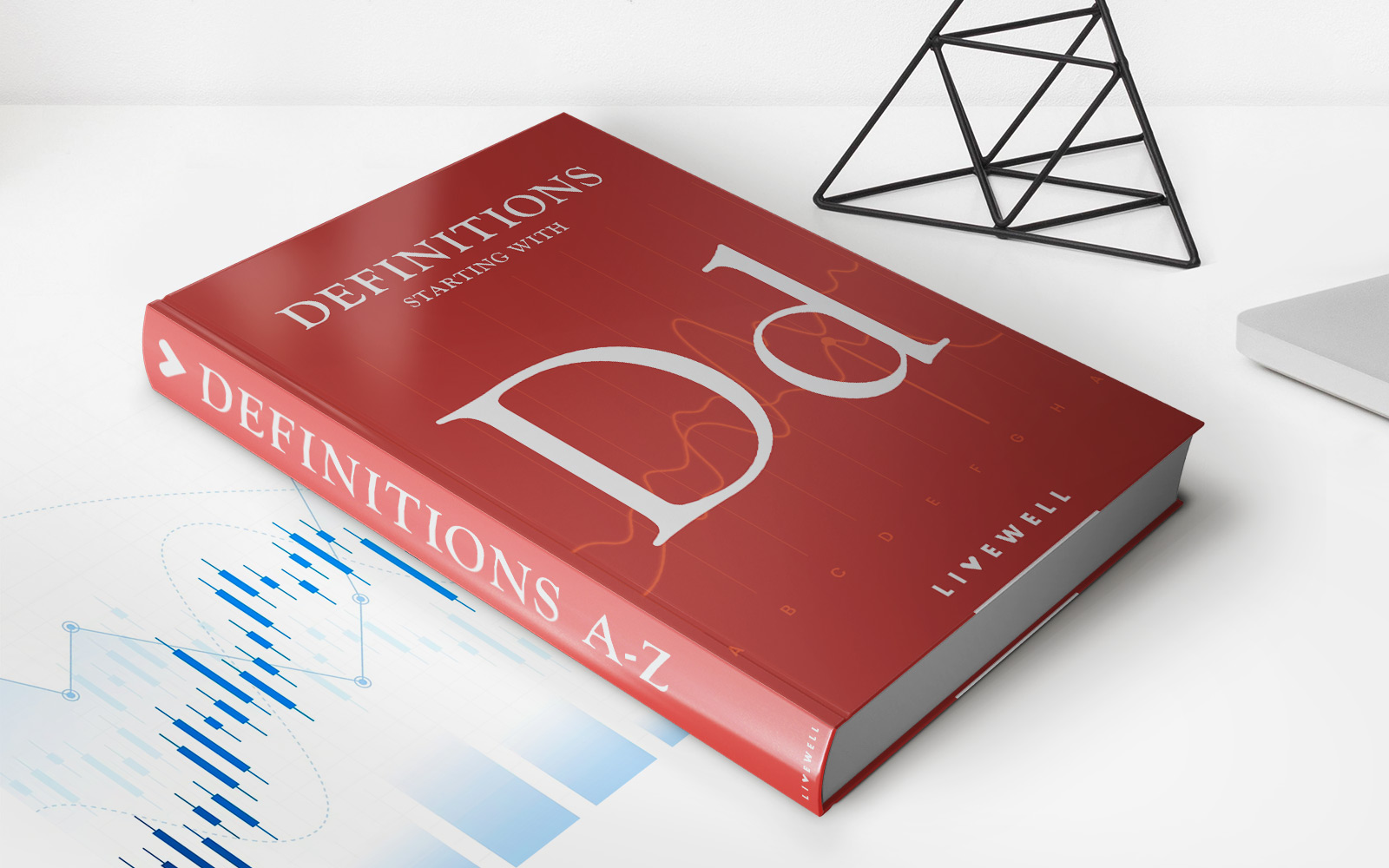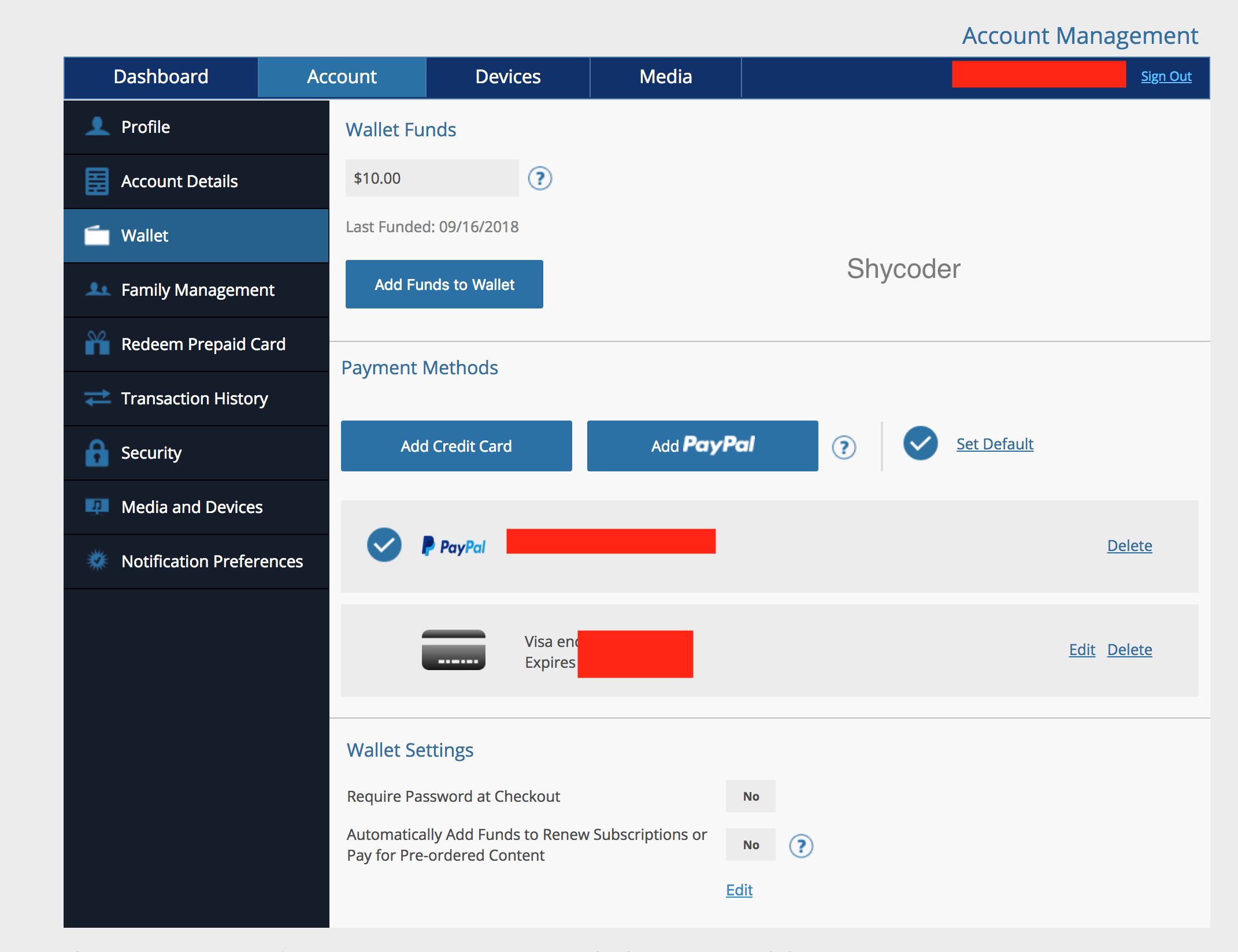

Finance
Carryover Provision Definition
Published: October 23, 2023
Learn the definition of carryover provision in finance and understand its importance in financial planning. Explore how carryover provisions impact taxes and investments.
(Many of the links in this article redirect to a specific reviewed product. Your purchase of these products through affiliate links helps to generate commission for LiveWell, at no extra cost. Learn more)
Carryover Provision Definition: Understanding its Importance in Finance
When it comes to understanding the complex world of finance, there are numerous terms and concepts that can seem daunting. One such term is the carryover provision, which plays a crucial role in various financial processes. In this blog post, we will dive deep into the carryover provision definition and shed light on its importance in finance.
Key Takeaways:
- The carryover provision allows unused amounts from one period to be carried over to the next.
- It provides individuals and businesses with flexibility in managing their finances and optimizing tax benefits.
The carryover provision, also known as a carryover rule, refers to a financial mechanism that allows unused amounts from one period (typically a fiscal year) to be carried forward and used in subsequent periods. This provision can be applied to various financial aspects such as tax benefits, deductions, credits, and allowances.
The primary purpose of a carryover provision is to provide individuals and businesses with the flexibility to utilize unused amounts from previous periods, reducing the risk of losing potential benefits. By carrying over these unused amounts, individuals can effectively manage their finances and maximize their financial gains.
Why is the carryover provision important?
The carryover provision holds significant importance in finance due to the following reasons:
- Tax Optimization: In the realm of taxation, carryover provisions allow individuals and businesses to carry forward certain tax benefits, such as capital losses, business expenses, and charitable contributions. By carrying over these benefits, individuals can offset future taxable income, thereby reducing their overall tax liability.
- Financial Planning: Carryover provisions provide a way for individuals and businesses to strategically plan their finances. By carrying forward unused amounts, individuals can anticipate future expenses or investments, ensuring that they utilize all available resources to achieve their financial goals.
It’s important to note that each financial domain, such as taxation or credits, may have its own specific rules regarding carryover provisions. For example, some tax credits may have limitations on the number of years they can be carried forward, or certain deductions may only be eligible for carryover if specific conditions are met.
In conclusion, a carryover provision is a vital concept in the world of finance, providing individuals and businesses with flexibility and optimization opportunities. Understanding the definition and importance of carryover provisions allows individuals to make informed financial decisions, maximize tax benefits, and effectively manage their finances.






